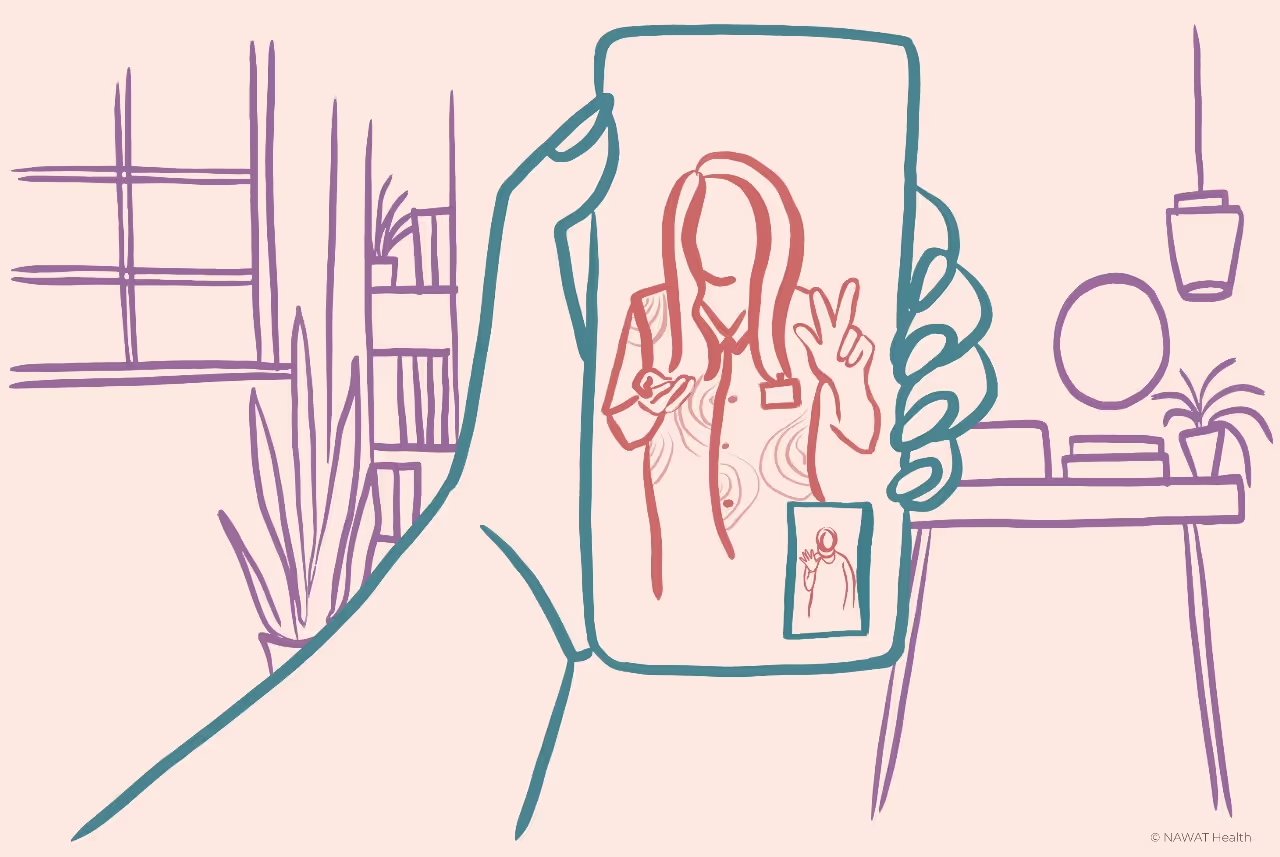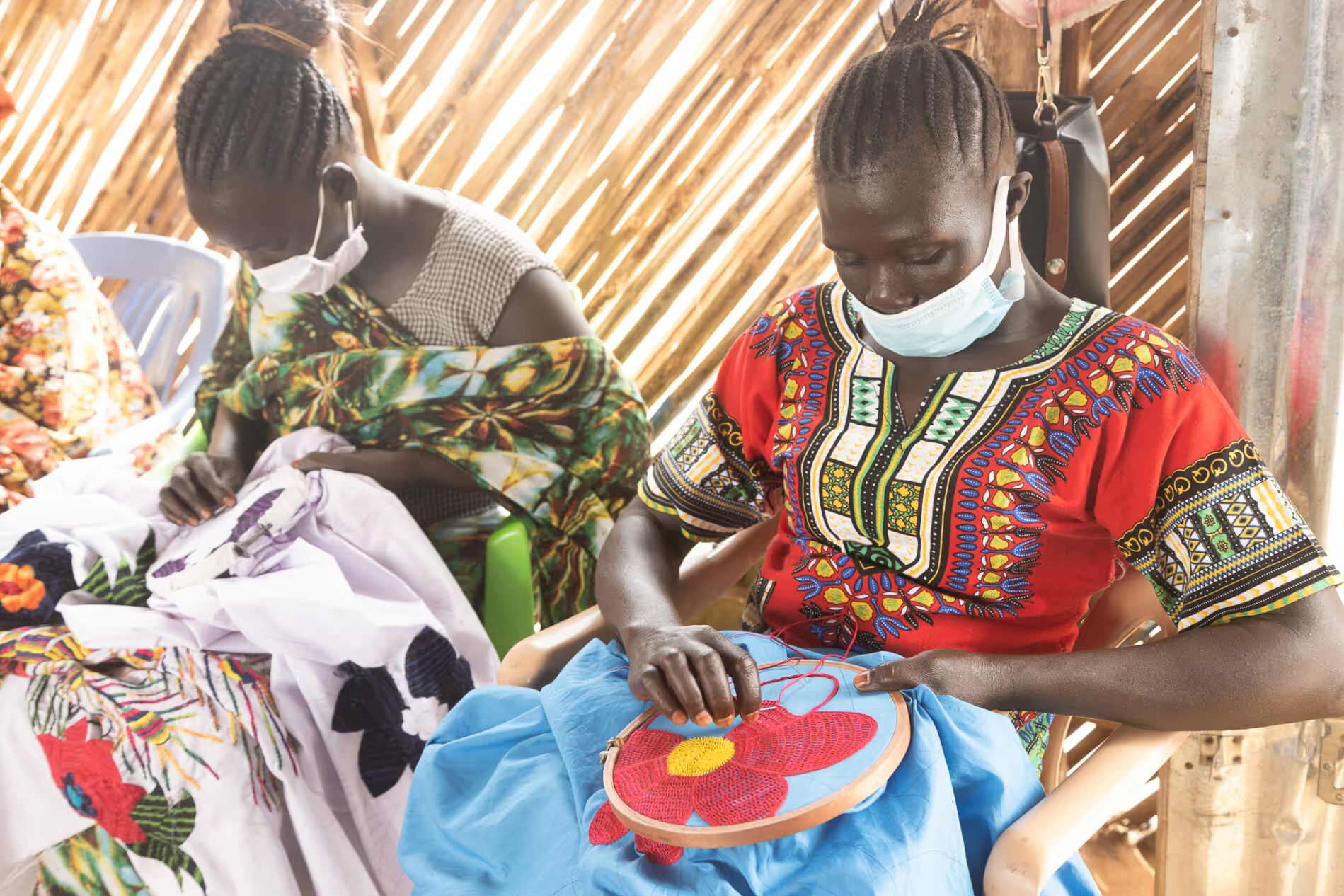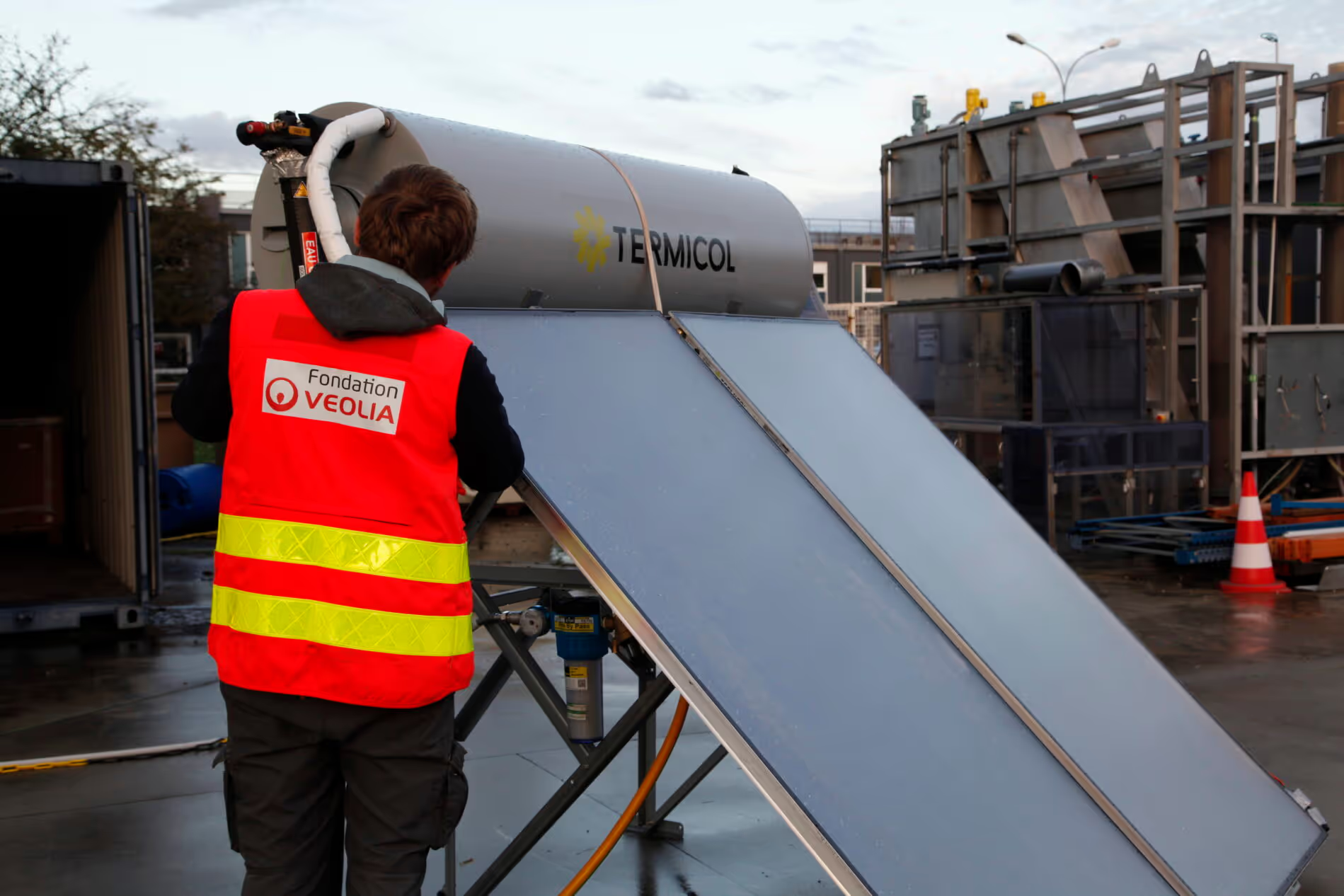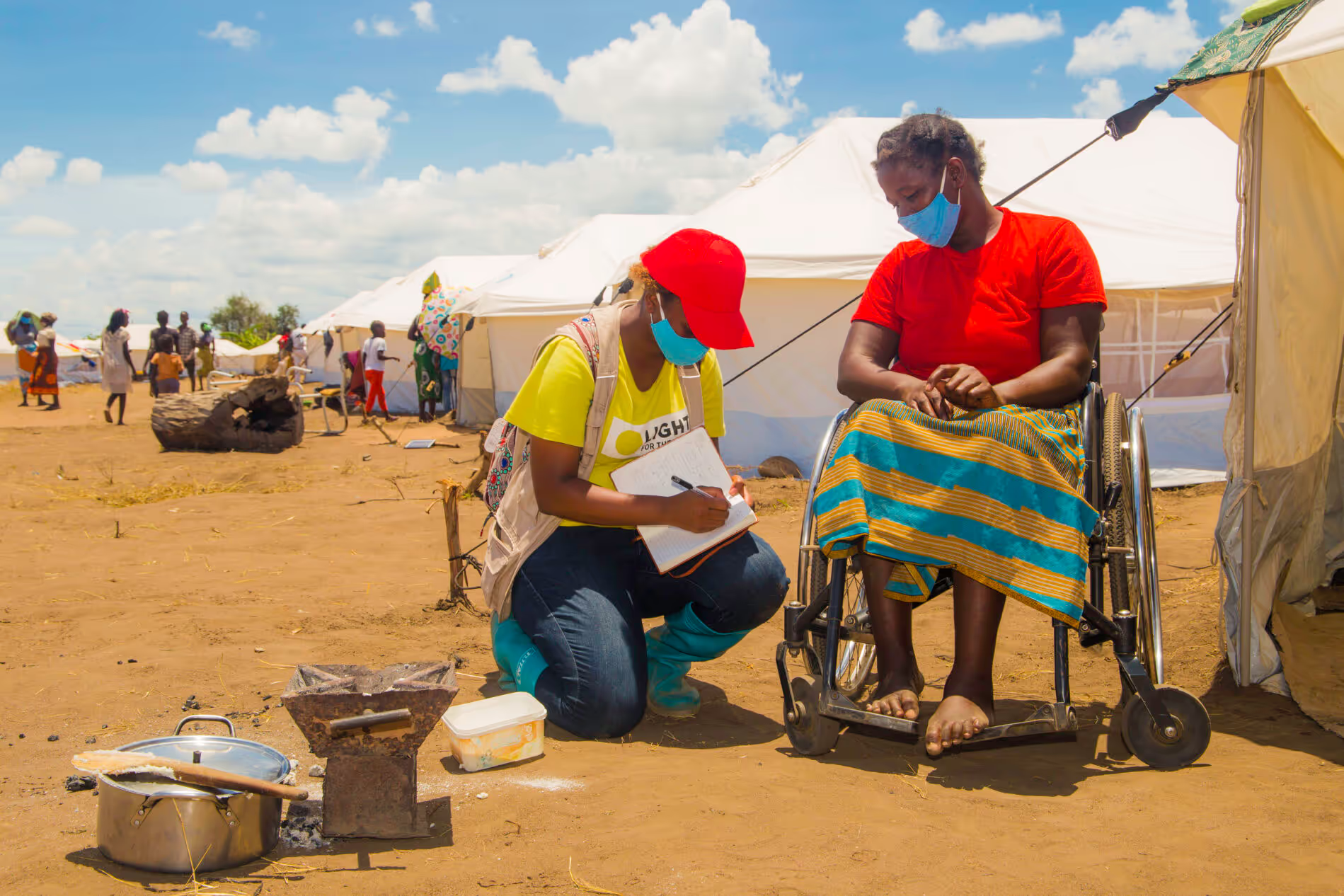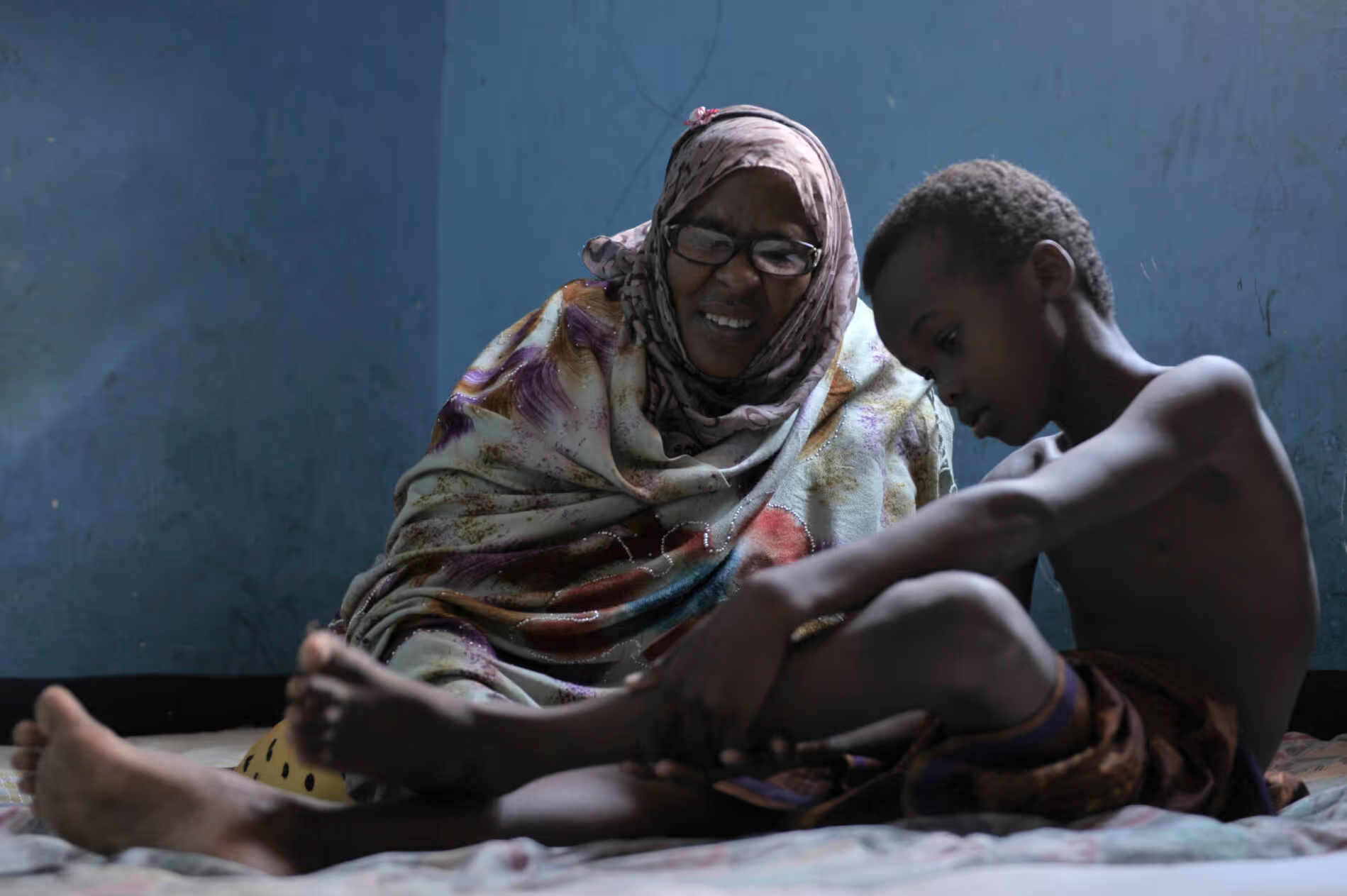Supporting Reproductive Autonomy in Refugee Settings through ARCHES Community Intervention
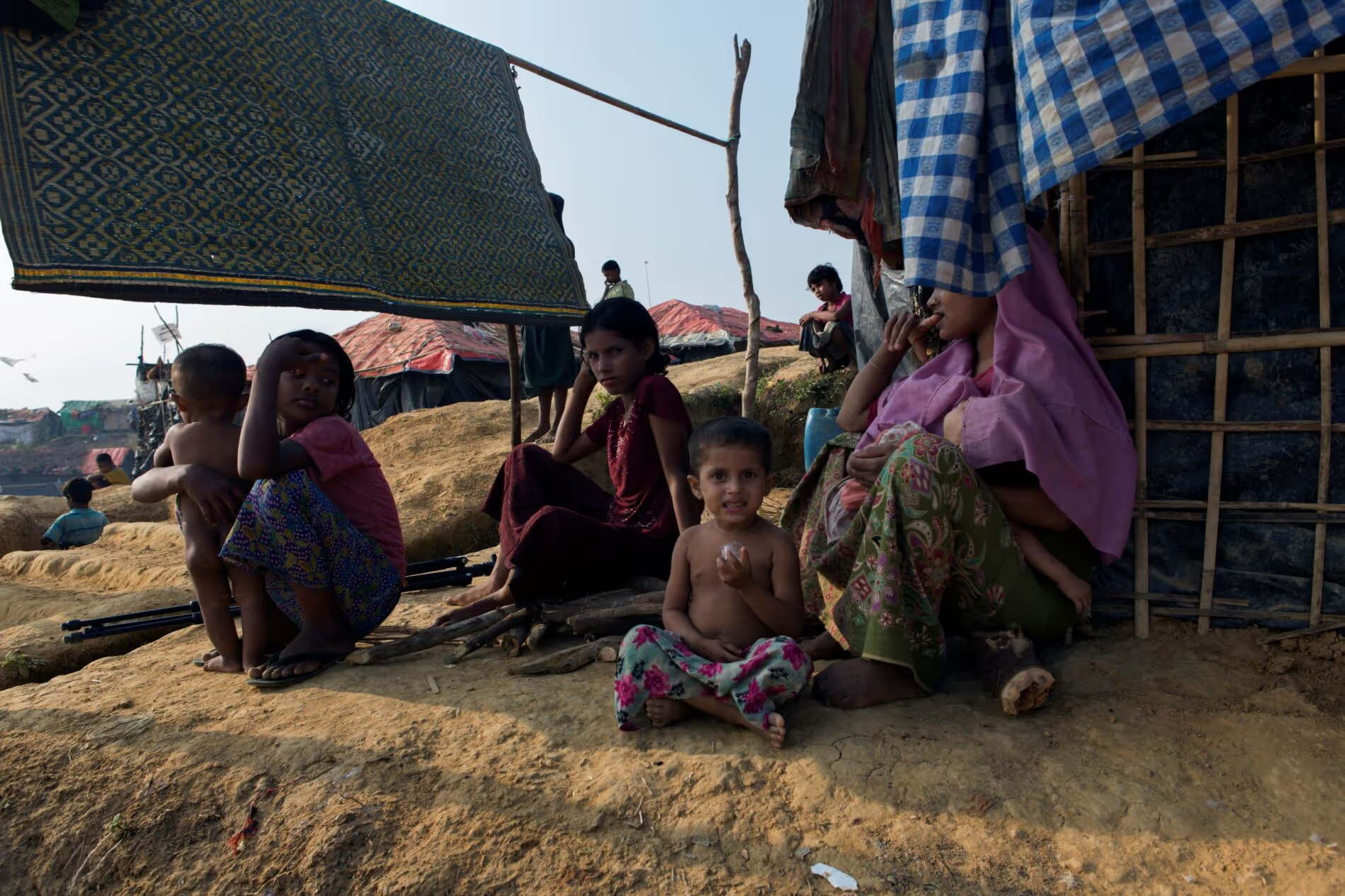
Project overview
ARCHES (Addressing Reproductive Coercion in Health Settings) intervention was successfully adapted for use in clinics serving refugees in Bangladesh with Elrha’s HIF fund, and this project will develop a community-based adaptation of ARCHES to reach vulnerable women unable to come to clinics.
Project solution
This project offers [specific solution or intervention] to tackle [challenge]. By implementing [strategies, tools, or innovations], the project aims to achieve [desired outcomes]. The approach is designed to [specific actions or methods] to bring about meaningful change in [community, region, or issue area].
Expected outcomes
This project aims to achieve [specific outcomes], such as [measurable results, improvements, or changes]. The expected impact includes [benefits to the target community, advancements in research or innovation, or long-term effects]. By the end of the project, we anticipate [specific changes or milestones] that will contribute to [broader goals or objectives].
What is the Humanitarian Need?
Refugee women are at high risk of experiencing intimate partner violence (IPV). Reproductive coercion (RC) is a form of IPV that includes male partner's interference with a woman’s access to or use of contraception or decisions regarding a pregnancy.
Through our first HIF project, we found that 70% of women who came to facilities for family planning (FP) and abortion services experienced IPV and 22% experienced RC. The project’s technical advisory group felt that the project missed a group of women at heightened risk of violence, namely, refugee women that are unable to access facility-based care. The current project will create a community-based ARCHES intervention, spreading the impact of the intervention to reach this vulnerable group.
What is the Innovative Solution?
The clinic-based adaptation of ARCHES resulted in significant increases in self-efficacy to use modern contraceptive methods in the face of partners opposition (92%), in self-efficacy to use IPV support services (17%), and improved attitudes about RC (109%) between baseline and follow-up. This project will build on those learnings to create the first integrated facility and community-based model to address RC and IPV, extending those benefits to women who are unable to access facility-based care.
This project will engage crisis-affected refugee women, community health workers or volunteers and other relevant stakeholders through a user-centered design approach to develop an integrated safe and acceptable ARCHES community model. The effectiveness of this model will be tested and if found effective, an integrated facility and community-based ARCHES model for scale-up in humanitarian settings will be recommended.
Expected outcomes
The project will develop a community-based adapted ARCHES intervention package, including a training manual and counselling materials for community health workers or volunteers. By strengthening linkages between community programs and facilities, we anticipate that development of a community-based component of the ARCHES intervention will help reach more women and girls who experience IPV and RC and provide crucial support for the most vulnerable.
We anticipate that successful project implementation will improve attitudes about RC, increase self-efficacy to access IPV services and increase contraceptive use in the face of partner opposition. We also expect to increase care-seeking behaviours for FP and abortion services and violence support services at facilities, if required. Project findings will be documented for national and international dissemination. If the proposed innovation and its evaluation finds the integrated model effective, multiple humanitarian settings in different countries have potential to apply local adaptations of the integrated ARCHES model.
More information on the impact of the first HIF-funded project adpating the ARCHES intervention to a Rohingya refugee healthcare facilities can be found in the project blogs, and in the GBV Innovation Webinar presentation.
Project delivery & updates
Stay up to date with the latest developments from this project. Here, you will find details on what has been delivered, resources created, and regular updates as the project progresses. Access key documents, reports, and other materials to see how the project is making an impact.
Resources
Research brief
LEARN MORECase study
LEARN MORE
